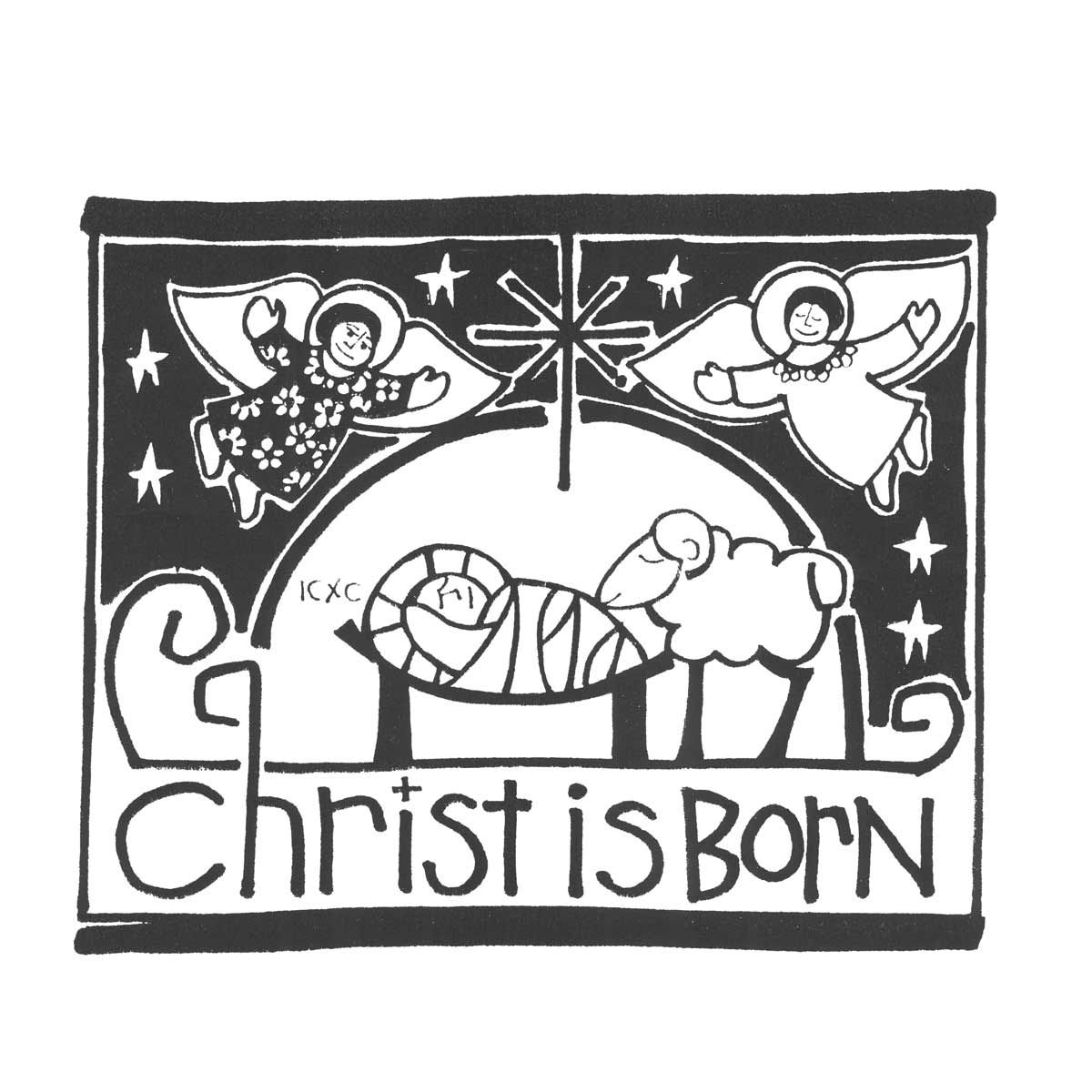This content has been archived. It may no longer be relevant
The first time I ever said the rosary at Madonna House, in March 1956, I meditated on the joyful mysteries. The mystery that filled my mind that day was the nursing of God: God-made-man was fed at the breast of a young woman. All things were made through him, yet he made himself dependent on human milk.
As St. Paul says, The foolishness of God is wiser than human wisdom, and the weakness of God is stronger than human strength (1 Cor 1:25).
But the foolishness and the weakness of God in Christ never cease to be a scandal to the human race. It might possibly have been otherwise.
If, after the Lord had returned to his Father, he had allowed his incarnation to become an idea, a theological principle, then clever men could have made his coming in the flesh an elegant myth.
That would doubtlessly have been inspiring but bloodless and scandal-free—free of the paradoxes of God in the womb and at the breast, of God eating and weeping and bleeding and dying and rising.
It might have been otherwise, but Christ the Lord made certain his incarnation would not, until the end of time, cease to be a scandal by sending his Spirit upon his followers so powerfully that they might be called His Body.
Thus the Lord continues to come into the world through human flesh, continues to raise up the world through human weakness, continues to shock the world with the divine folly.
It is man who is embarrassed at the weakness and sinfulness of the Church. For God, that very wretchedness allows his love to shine forth with special splendor.
I think of these things as Christmas nears, not only because it is the feast of God’s birth in the flesh, but because in no other feast does the Church assert its Christened humanity so joyfully and so exuberantly.
Did the Romans have a feast in honor of the unconquered sun? Perfect for the true Son’s birthday!
Did some Christians in the thirteenth century want to make Christianity a religion for the perfect? Then let’s make Christmas even more for the peasants by putting a peasant’s stable in every church and household!
Did the seventeenth century Puritans abominate the “paganism” of the Christmas feast? Then let endless generations of their children dance around holy trees whose glorious lights proclaim the glory of the one tree which joins heaven and earth!
Is the marketplace the very symbol of fallen man’s selfishness and greed? Let it then—for one month a year—be wholly taken up with Christmas.
Of course, the whole business tends to be vulgar. Of course, everyone tends to eat too much, drink too much, spend too much, and pray far too little. Tertullian said of the Gospel, “Because it is absurd, I believe.”
As for me, because Christmas is vulgar, I love it. Because its humanity—yes, its gross humanity—brings before the eyes of the world the scandalous scene of God’s Son at Mary’s breast and exults in his tenderness as it shows us hers, I rejoice in it.
And because, in proclaiming himself as a child, Christ tells us, Christmas after Christmas, who alone can enter his kingdom, I give thanks to him who made the endless galaxies for making himself small enough to enter my heart.
From Restoration 1972





